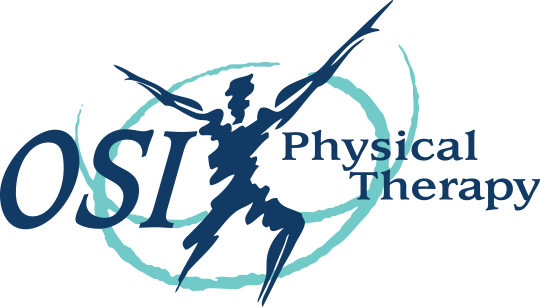Your physical therapist will examine you for neck problems following a concussion. Neck injuries can cause headaches and contribute to some forms of dizziness. Your therapist also can assess your back for possible injuries to your spine.
As symptoms due to concussion improve, your physical therapist will help you resume physical activity gradually, to avoid overloading the brain and nervous system that have been compromised by concussion.
It’s important that you follow the recommendations of all health care professionals so that you can achieve the greatest amount of recovery in the shortest amount of time.

